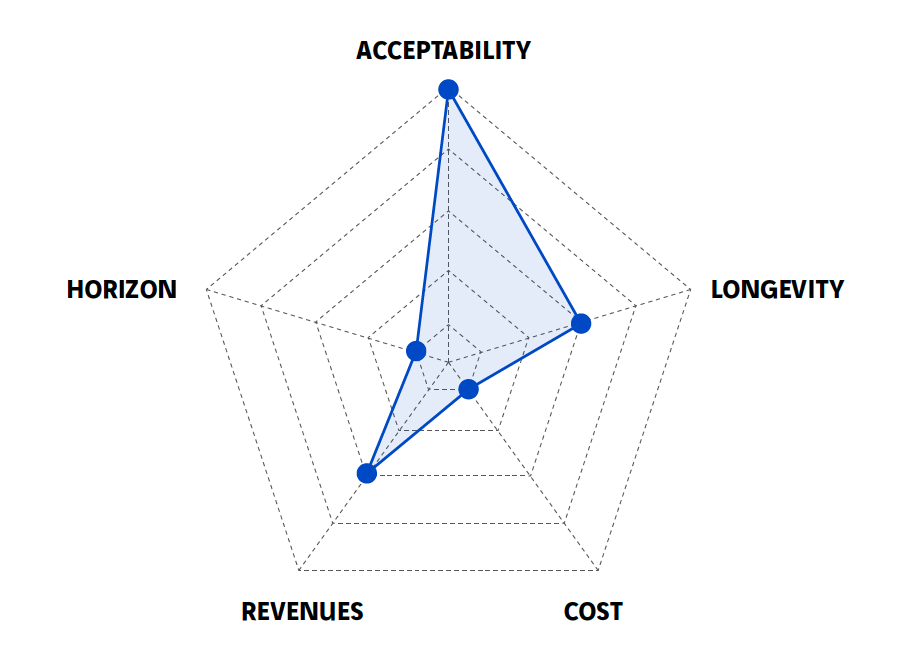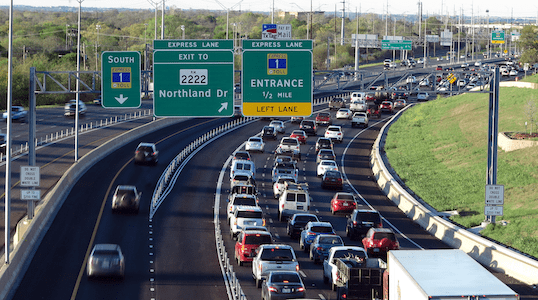


Zombie tax: emptying the streets, filling (robo)taxis

Taxis, ridesharing services and robotaxis all have a common feature: their effectiveness depends on their ability to be rapidly available in various places. In real terms, this means that vehicles roam the streets waiting for a customer to hail a ride, even riding with no passengers sometimes when demand is too low. This trend is known as zombie cars.
The zombie tax aims to steer autonomous vehicles towards certain uses (shared vehicles rather than empty vehicles), in certain areas (with limited public transportation) and at certain times (off-peak hours). It also enables authorities to have a tax lever at their disposal, the revenues of which could partially offset the drop in fuel tax revenues.
Learn more / Download
What scale of implementation?
- Local
Who pays?
- Companies
What secondary benefits for the community?
- Vehicle miles traveled by car decrease
Other solutions to discover:

Managed lanes: promoting some uses while funding infrastructure

Road usage charge: charging users rather than consumers

Allocating fuel tax revenues to mobility
La Fabrique de la Cité
La Fabrique de la Cité is a think tank dedicated to urban foresight, created by the VINCI group, its sponsor, in 2010. La Fabrique de la Cité acts as a forum where urban stakeholders, whether French or international, collaborate to bring forth new ways of building and rebuilding cities.














